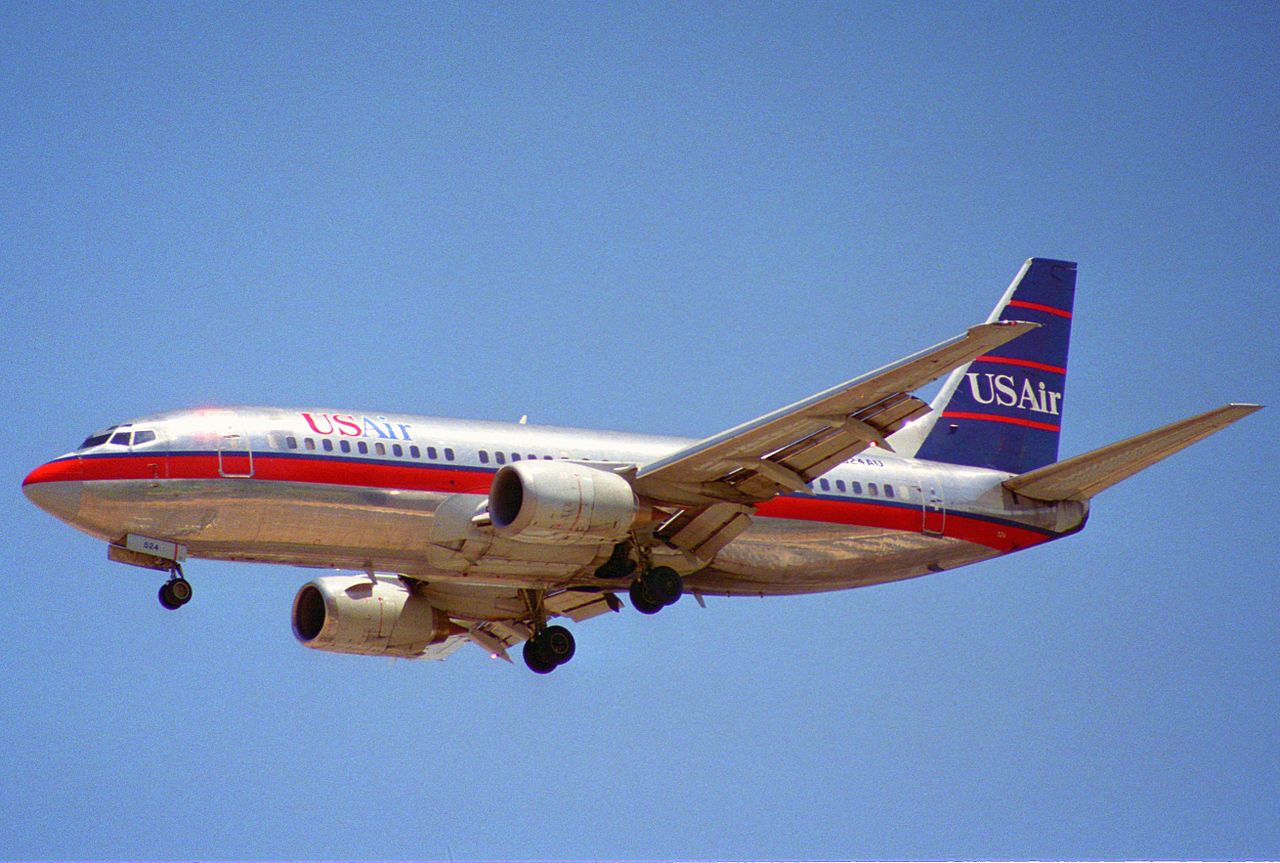‘As sturdy and reliable as they’ve been, by the time they’re put out to pasture, they’re pretty well used up,’ Andy Burns, Naval Flight Officer
American aircraft carriers at their peak are the queens of the high seas, outclassing even America’s nearest peer competitors. They’re the anchors of US seapower, and have a commensurate price tag, costing billions of dollars to build and thousands of sailors to man.
But even the proudest US Navy ships reach the end of their service life and must be decommissioned.

The question is: would it be possible to “mothball” aircraft carriers instead of scrapping them to allow the Navy to expand quickly if the US needs more flattops?
‘No, it wouldn’t,’ Andy Burns, former US Navy Surface Warfare & Naval Flight Officer, says on Quora.
‘For one thing, mothballing something the size of a carrier is really, really pricey. Ships can’t simply be “put on the shelf,” but have to be extensively corrosion-proofed, preserved, and maintained to prevent deterioration.

‘The bigger problem is that it’s cost prohibitive to mothball a nuclear plant. Defueling and preserving a plant is extremely expensive and time consuming, and bringing one back online is even more so. Carrier plants aren’t really designed to be refueled more than once in their fifty-year service life. It’s a very lengthy and invasive process, that involves cutting giant holes in several decks to get at the reactor. The mid-life refueling overhaul carriers get takes almost five years typically.’
Burns concludes;
‘And then there’s the point that carriers are old by the time they’re finally decommed. Fifty+ years of salt-water sailing throwing planes off the roof and catching them is a hard life for a ship. Nimitz was commissioned during the Ford administration. Even the newest boat in the [Nimitz] class, GHW Bush, is already 14 years old. As sturdy and reliable as they’ve been, by the time they’re put out to pasture, they’re pretty well used up.’






















